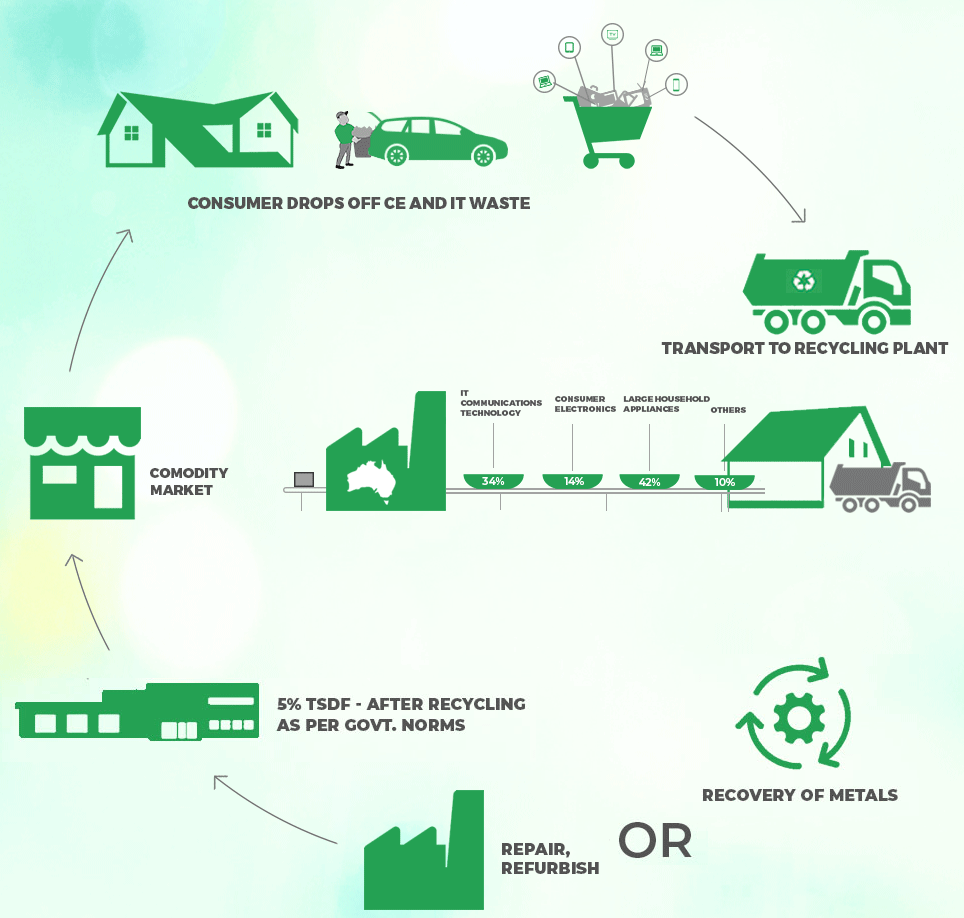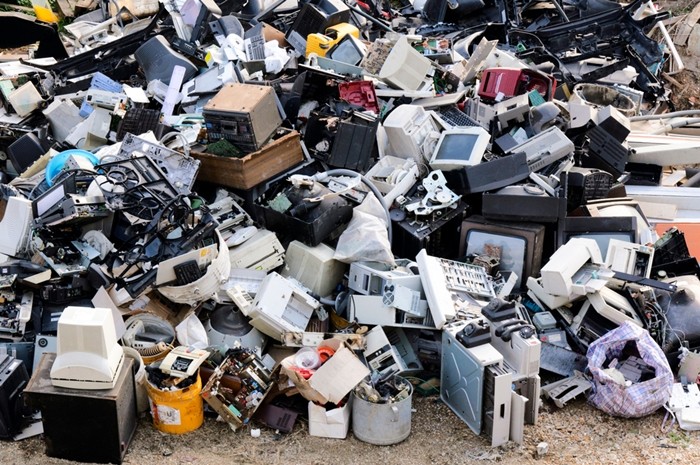Cellphone, Computer, Electronics
Electronic Waste and Recycling: What Can We Do?
The surge in electronic device usage has led to an alarming increase in electronic waste (e-waste). E-waste includes discarded items like smartphones, laptops, and household appliances, many of which contain hazardous materials such as lead, mercury, and cadmium. These substances can contaminate soil and water, posing severe environmental and health risks. Despite the growing problem, only about 20% of global e-waste is formally recycled, with the rest ending up in landfills or informal recycling sectors where it is often improperly handled. This calls for urgent and collective action to address the e-waste crisis effectively.

One of the most impactful steps we can take is to support and participate in recycling programs. Many tech companies and retailers offer take-back programs where consumers can return their old electronics for proper disposal or recycling. These programs ensure that valuable materials like gold, silver, and copper are recovered and reused, reducing the need for mining and decreasing environmental degradation. Additionally, local e-waste recycling events and designated drop-off points make it easier for individuals to dispose of their gadgets responsibly. By taking advantage of these options, we can significantly reduce the volume of e-waste and promote a circular economy.
Beyond recycling, adopting more sustainable consumption habits can make a significant difference. Opting for high-quality electronics that have longer lifespans, repairing devices instead of replacing them, and buying second-hand or refurbished products can all help minimize e-waste. Consumers should also be conscious of the environmental footprint of their purchases and choose brands that prioritize sustainability and ethical production practices. Educating ourselves and others about the importance of e-waste management and the available resources is crucial for fostering a culture of responsible consumption and environmental stewardship. Together, we can combat the e-waste crisis and protect our planet for future generations.

